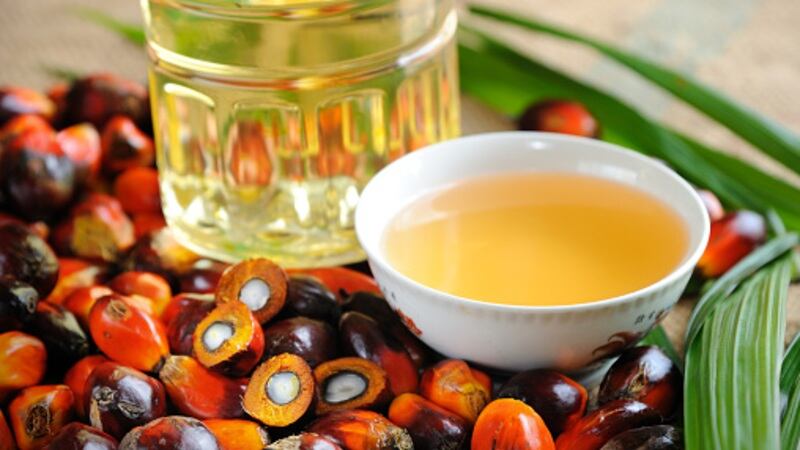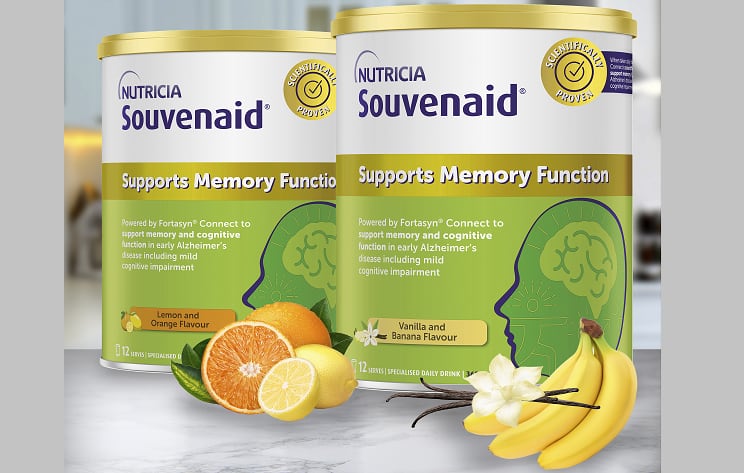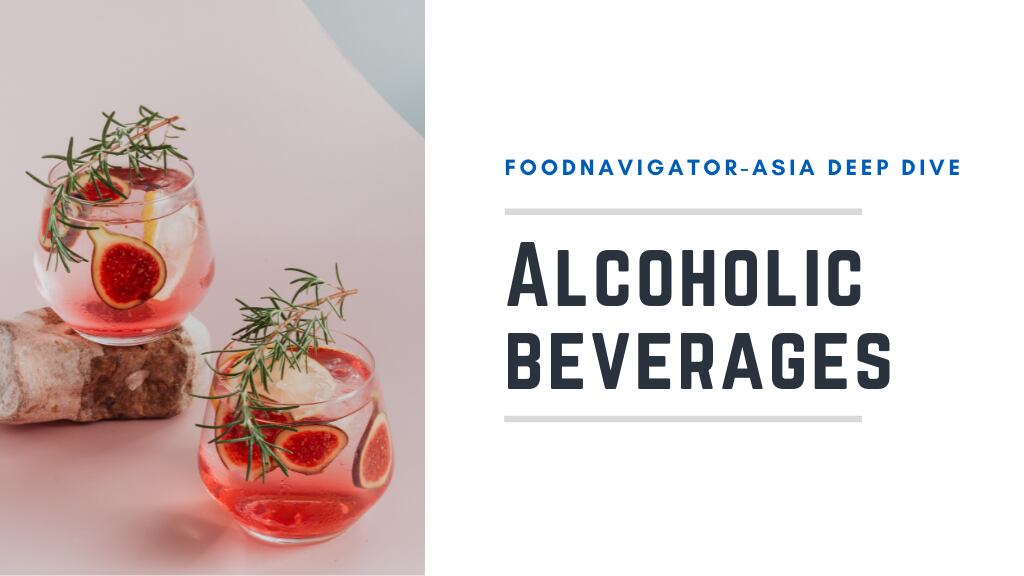‘Insects the new sushi’: Ÿnsect sees Japan and Korea as attractive markets for mealworm protein
French insect protein company Ÿnsect is seeking to enter the Japanese and Korean markets after securing success in a national trade contest and signing a high-profile research partnership.
The firm was founded in 2011, and breeds Buffalo and Molitor mealworms for protein applications in human food and supplements, fish feed, pet food, as well as plant fertiliser.
It currently operates a factory in France for its animal nutrition and fertiliser business and another facility in the Netherlands for human nutrition.
“We focus on mealworm because it is easier to industrialise compared to other insects. Mealworms also have a high protein content of about 72% in powder and have a low fat content, whereas beef or chicken can give about 25 to 30% protein,” said Bruno Grandsard, strategy committee member supporting Ÿnsect’s global development.
Royal staple: Singapore low-GI basmati brand Sameza seeks to’ disrupt’ North American market
Singapore basmati brand Sameza is looking to place its premium low-GI basmati rice into more supermarkets in the country, as well as enter North America where they believe there is a lack of innovation in the category.
The long-grain rice was first produced by a family mill in India for over 40 years to exclusively feed royal families in India and the Middle East.
The rice was never released to the public until Sameza brought it to Singapore.
“This product was only for the royal families of Middle East and India. They had private packaging and would send us their bags, we would fill it up and it would be delivered to them,” said Bably Bhasin, founder and CEO of Sameza.
Resolve to dissolve: Hong Kong’s Invisible Company aims to replace supermarket flat top plastic bags with water-soluble solution
A Hong Kong start-up is seeking to create eco-friendly alternative to the ‘flat top’ plastic bags used in supermarkets for fresh products and baked goods, claiming they are one of the biggest contributors to plastic waste.
Currently, Hong Kong has a plastic levy scheme for shopping bags, but flat top plastic bags are excluded.
Invisible Company has previously created a water-soluble, plastic-free and biodegradable solution that is used across a range of sectors, including packaged and dried food brands, but it is now striving to make a version that is suitable for fresh products.
It is working with researchers in Hong Kong, and entering discussions with supermarkets, to ensure they are food-grade compliant, as well as being biodegradable and compostable.
Scientific validation: Singapore’s KosmodeHealth confirms upcycled noodles’ zero-GI benefits
Singaporean food tech firm KosmodeHealth has successfully demonstrated the low-GI - or rather, 'zero-GI' - benefits of its W0W Noodles with evidence from a new research study.
When we last spoke to the firm earlier this year, W0W Noodles had just hit the market and a lot of focus was on its upcycled properties as the noodles are made from Barley Spent Grains (BSG), a by-product waste-stream of beer and malt products manufacturing.
If the BSG are not collected to be upcycled into high-value food products, these high-potential grains would be used for animal feed or plant fertiliser, which is the common practice for many breweries and food firms using barley as a major ingredient. The firm also aims to emphasise the noodles’ ‘Good for the people’ benefits from a health and nutrition perspective, and a new study recently conducted on consumer response to W0W Noodle consumption has provided concrete evidence for them to do so.
“We worked with Temasek Polytechnic’s Glycaemic Index Research Unit to conduct this study in order to compare the Glycaemic Response (GR) values of regular noodles and W0W Noodles,” KosmodeHealth Co-Founder Florence Leong told FoodNavigator-Asia.
Looking good: UAE’s first ‘ugly’ grocery delivery service highlights beauty of stemming food waste
The UAE’s first ‘ugly fruit and vegetables’ delivery service is on a mission to raise awareness of food waste and highlight the nutritional and taste quality of its products.
Launched at the end of 2021, EroeGo sources ‘ugly’ fruits and vegetables directly from farmers, markets and wholesalers in UAE, packs them into a box, and delivers direct to consumers in Dubai weekly.
“We have access to fresh produce that's delicious, fresh and perfectly good to eat. They may be a little 'ugly', but they are also fresher because they haven’t been sitting in the warehouse or on the shelves. Because we eliminate as many middlemen as possible, our boxes are up to 30% cheaper than similar products sold in grocery stores or supermarkets,” said Daniel Solomon, EroeGo’s founder.





